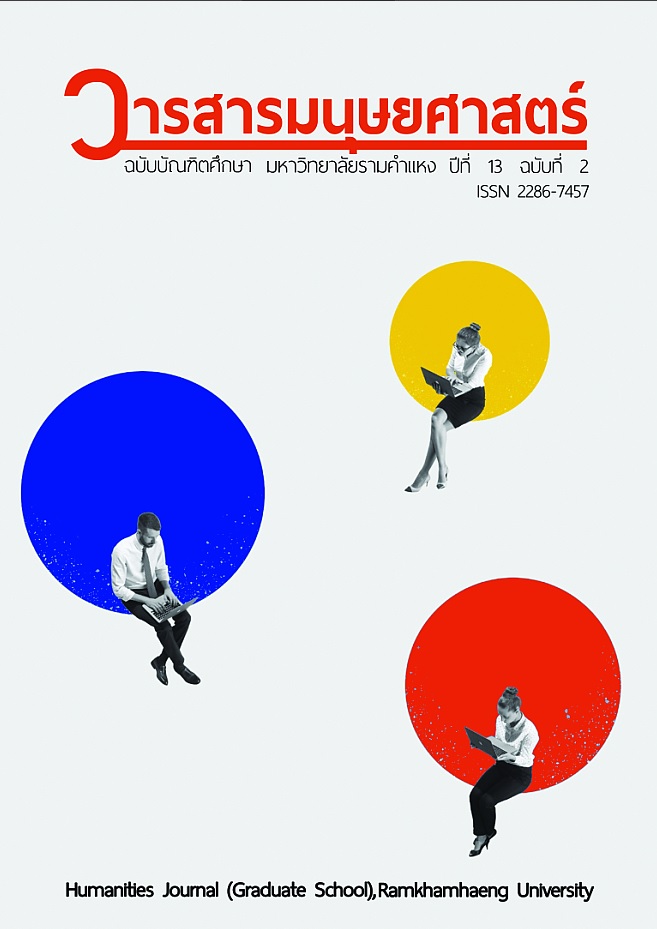The Training of Motor Learning with Informational Processes by Using Imagery Affecting the Strategy Performance of Volleyball Players, The Demonstration School of Ramkhamhaeng University
Keywords:
Motor Learning, Informational Processes, Imagery, Strategy PerformanceAbstract
Abstract
The purpose of this study was to study and to compare to a motor learning with informational process training by using imagery affecting the strategy performance of volleyball players, the Demonstration school of Ramkhamhaeng university between the control and experimental groups. The control group was 48 players while the experiment group was 30 player. A total of 48 people, 24 males and 24 females, the number of samples was calculated by the G*Power program with a margin of error of 10% equal to 26 people. Therefore, the researcher used a total sample total of 30 players people, 15 males and 15 females, obtained by systematic sampling. The research instruments were: (1) imagery ability assessment form; (2) three types of strategic imagery play programs; (3) strategic execution accuracy assessment form; and (4) strategic execution speed assessment form. The statistics used for data analysis were mean, standard deviation, and comparison between groups before and after training in the 4 and 8 weeks using the independent t-test statistic when no difference in variance was found between the two groups. The results of the study found that the ability to imagery before training between the experimental and control groups was not statistically different. When considering the mean, it was found that after 4 and 8 weeks of training the experimental group had a higher ability to imagery than the control group with statistical significance at the level of .05. And the results of strategic imagery training on the speed and accuracy of strategic execution between the control and experimental groups showed that the speed and accuracy of strategic execution before training between the control and experimental groups were not statistically different. When considering the mean, it was found that after 4 and 8 weeks of training, the experimental group had a higher speed and accuracy of strategic execution than the control group with statistical significance at the level of .05.





 Contact: Miss Wanvisa Phonkayun (Aim) Tel:
Contact: Miss Wanvisa Phonkayun (Aim) Tel: 
